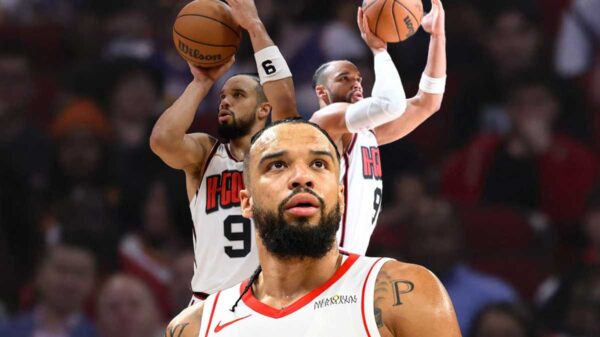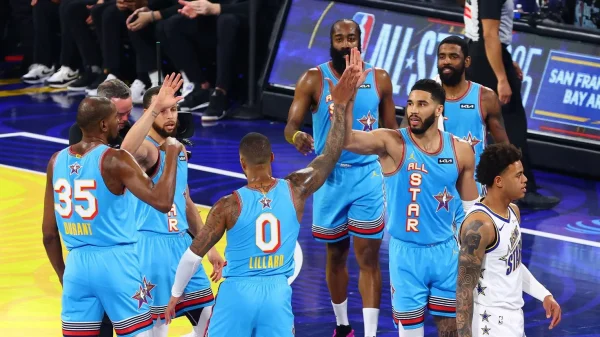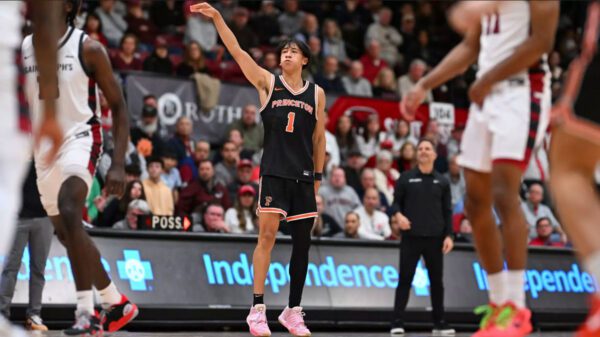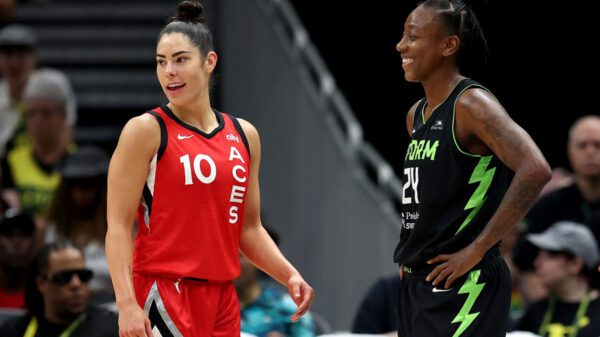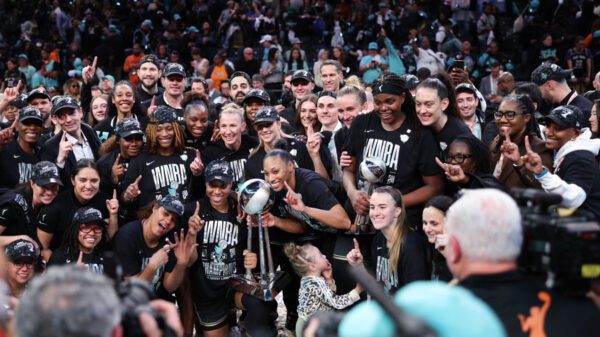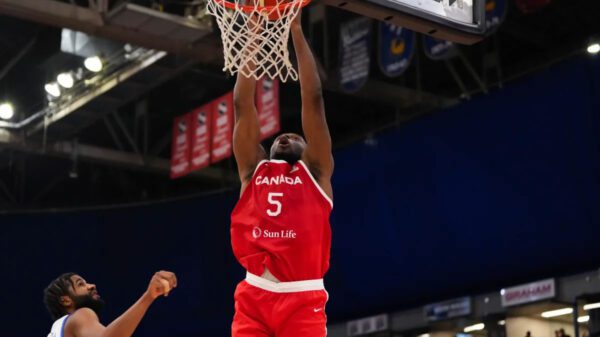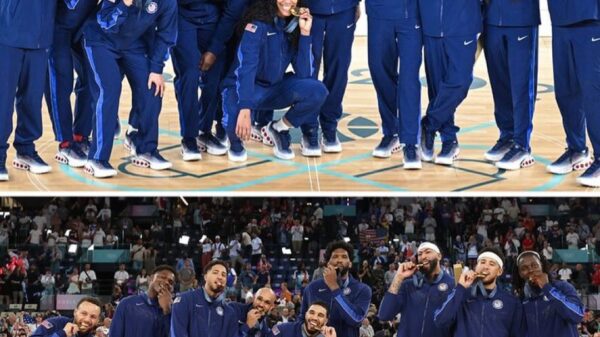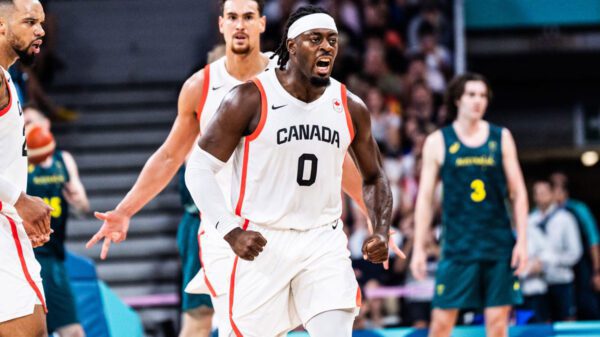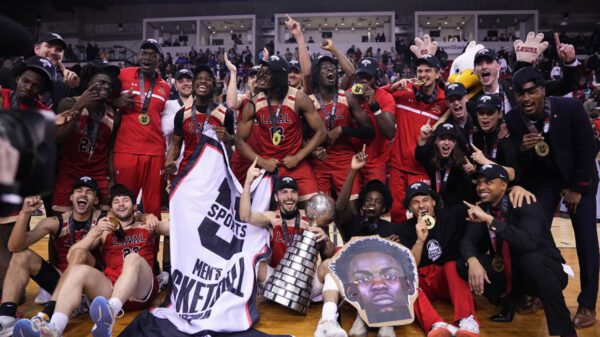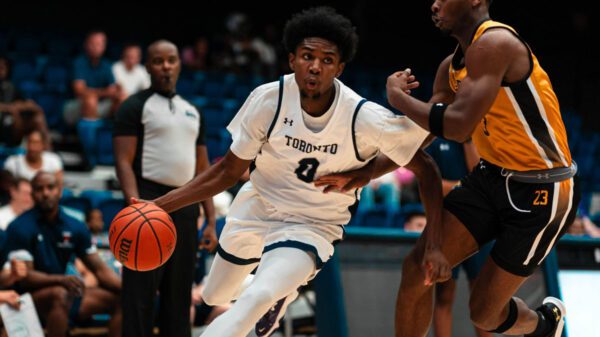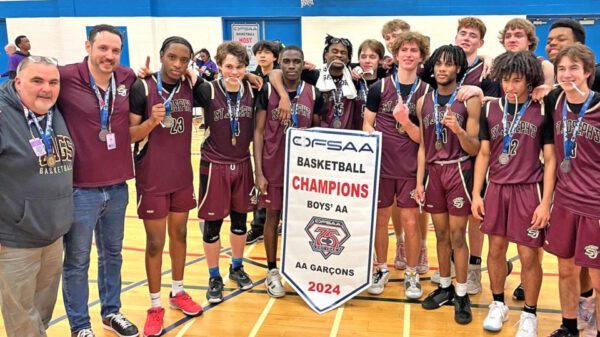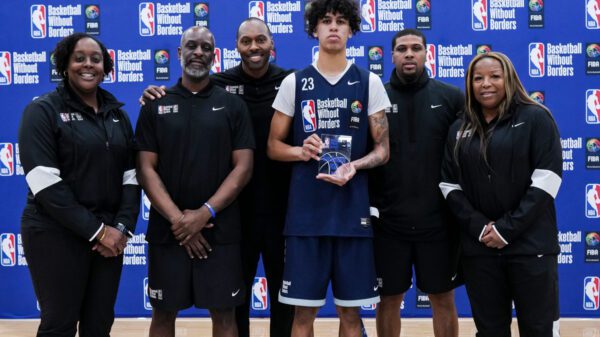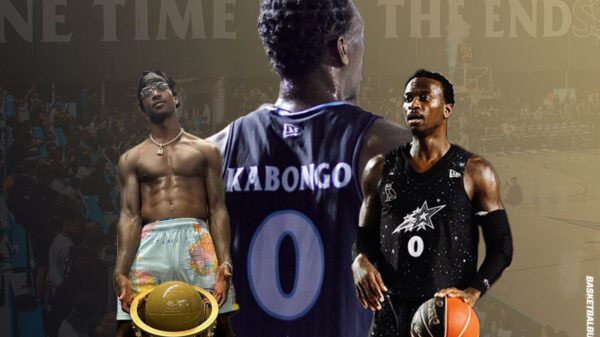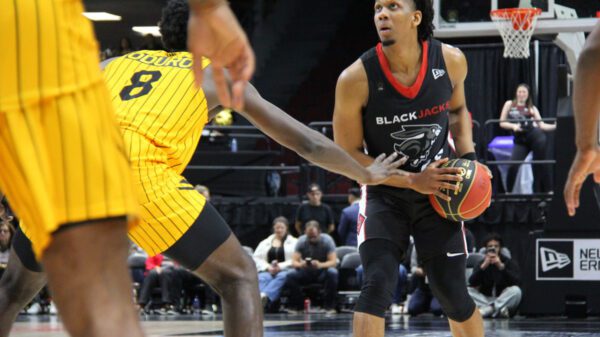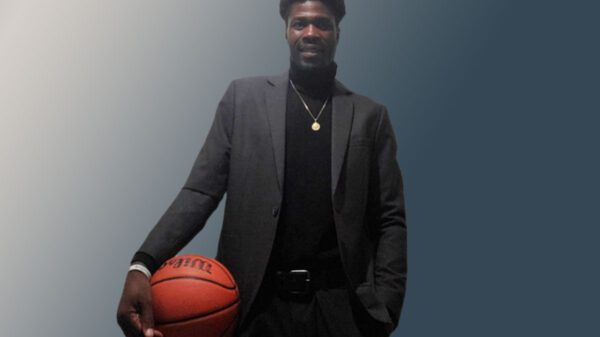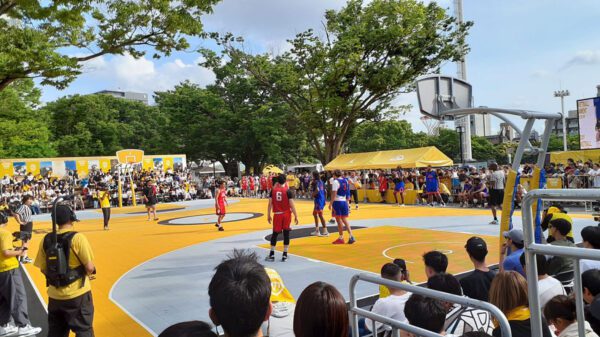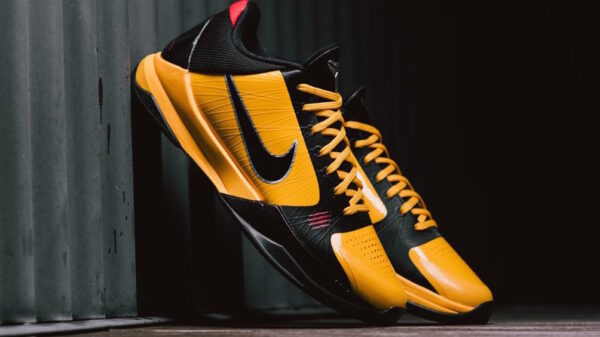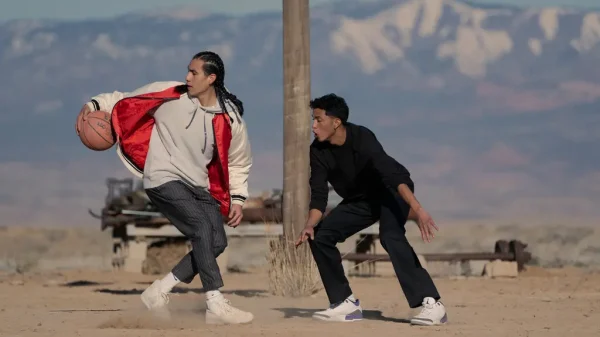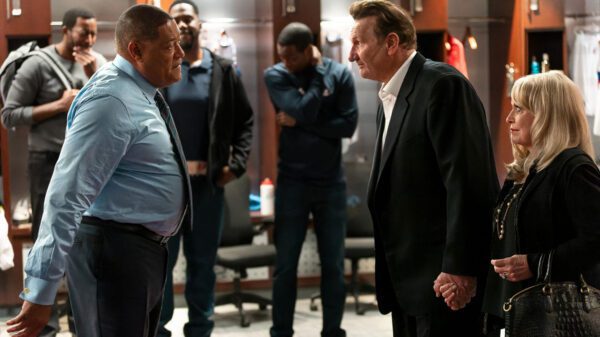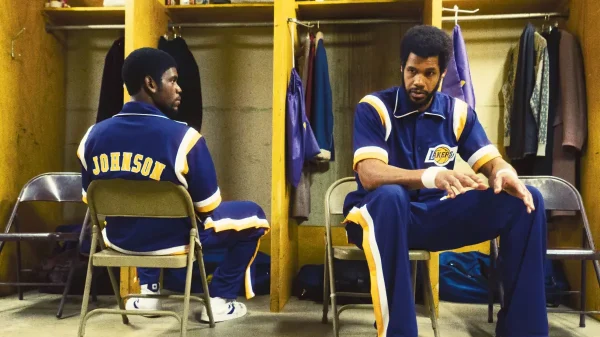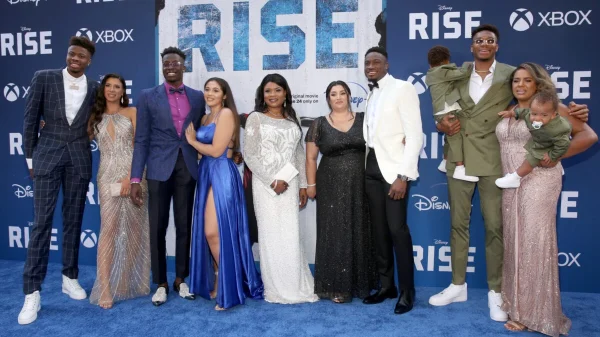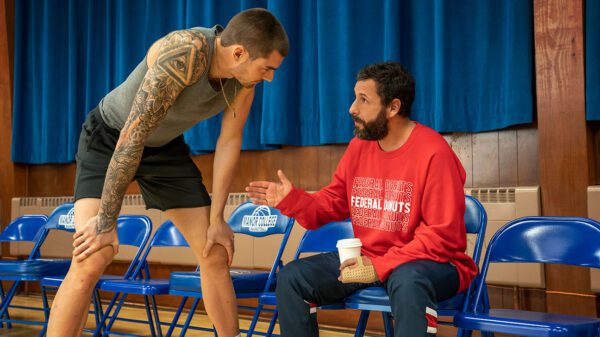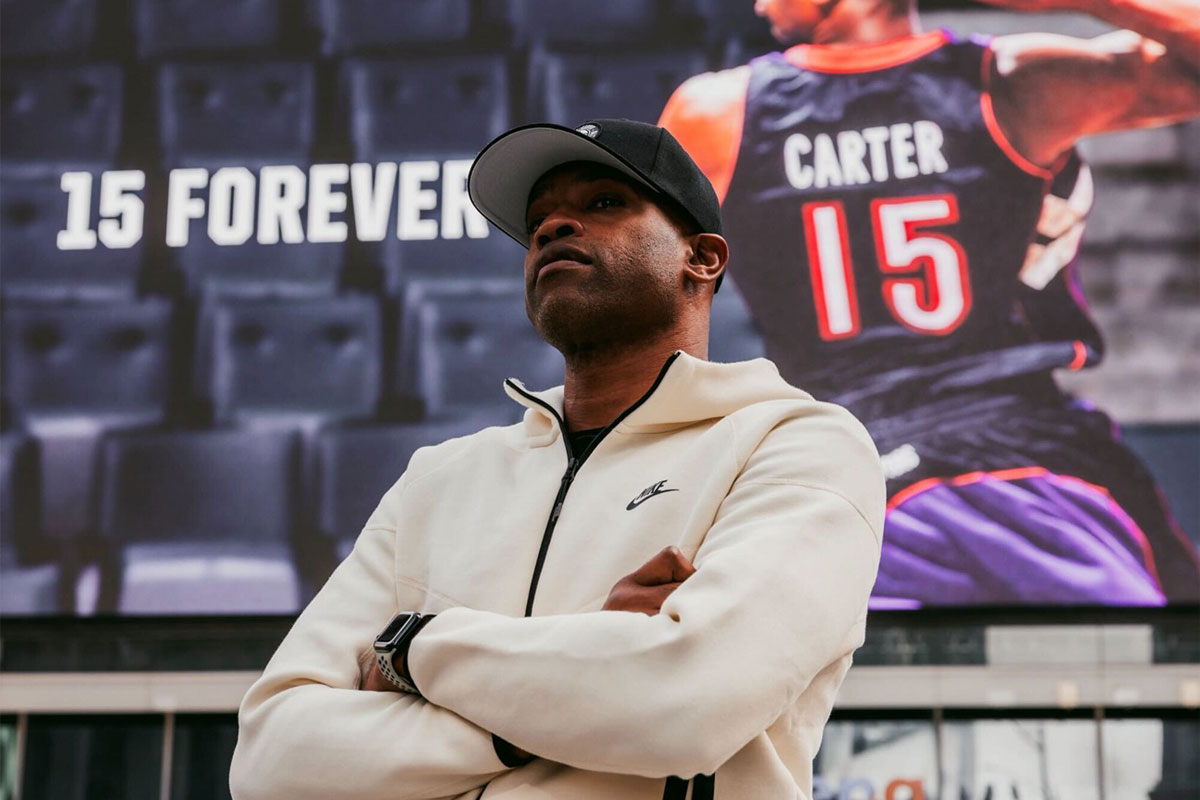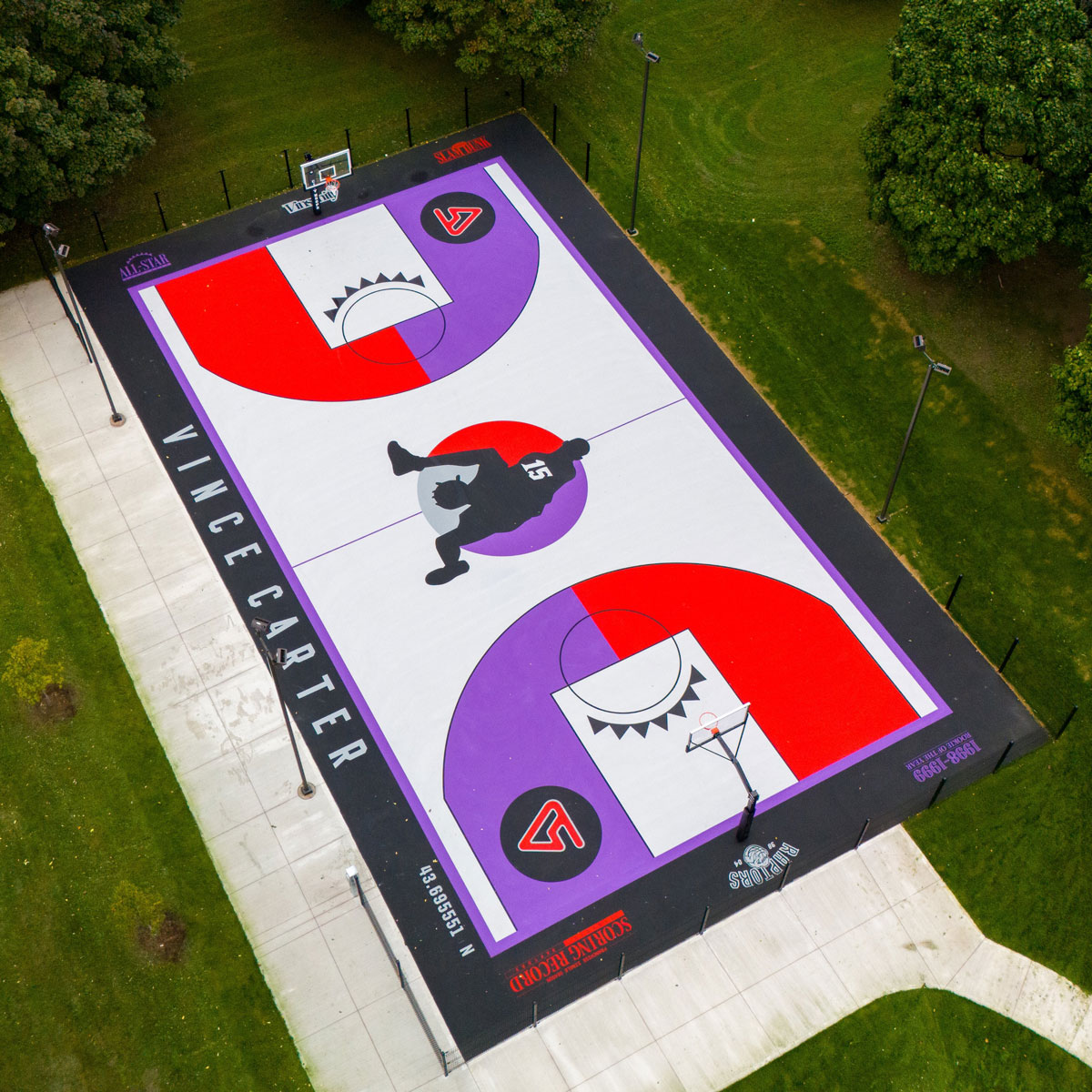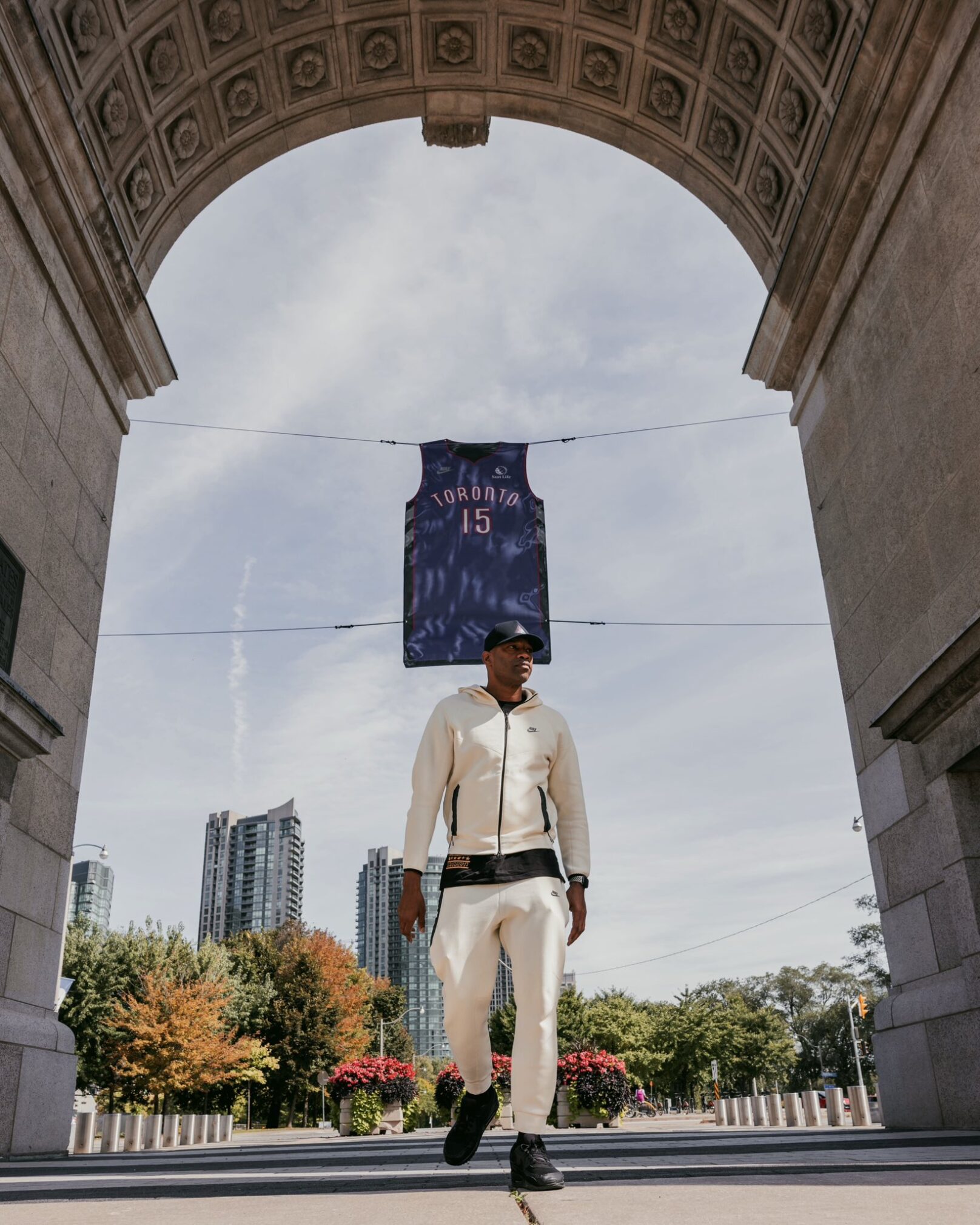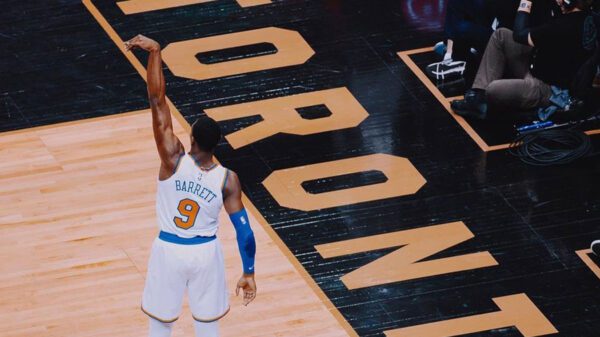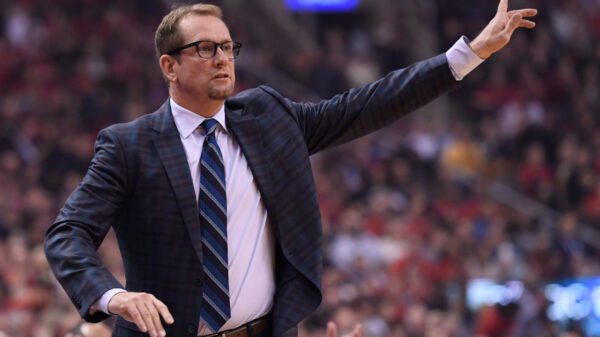15 Forever.
It’s over. Ladies and gentlemen, no other player will ever wear the number 15 in the history of Canada’s NBA team.
Whether you hate it or love it, reminiscent of a classic Game and 50 Cent track, the Toronto Raptors will finally raise Vince Carter’s number 15 to the rafters of the arena that once bore one of his infamous nicknames.
On November 2nd, against the Sacramento Kings, Carter will watch his iconic jersey become the first to be retired by the Raptors franchise, marking a historic moment on many levels.
The six-foot-six Hall of Fame guard played seven unforgettable seasons with the Raptors, a tenure marked by electrifying highlights and record-breaking performances.
The Vince Carter Effect
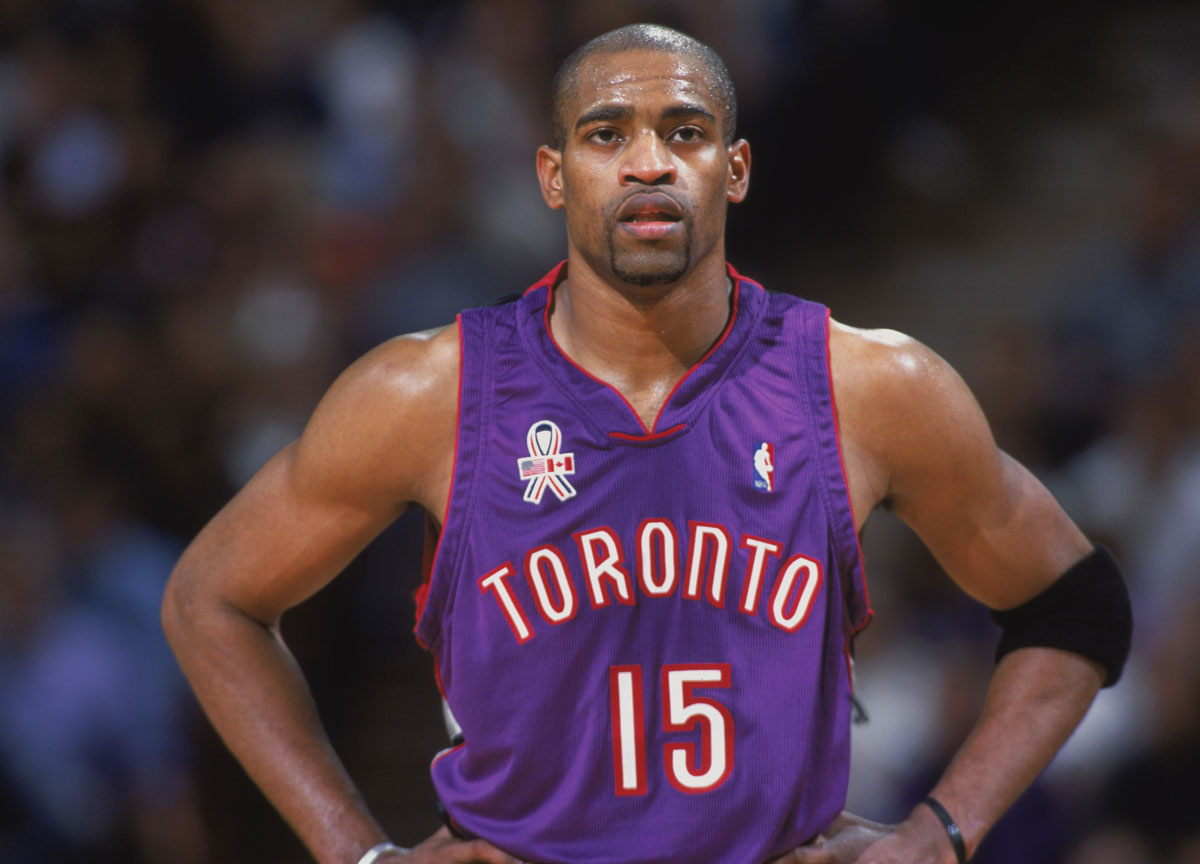
Drafted in 1998, Carter quickly made his presence felt, becoming the second Raptors player to win Rookie of the Year within the franchise’s first five years. His high-flying dunks, coupled with an impressive scoring touch, propelled the Raptors into NBA relevance and established Carter as one of the league’s most dynamic talents.
During his time in Toronto, Carter not only led the Raptors to their first-ever playoff appearance in 2000, but also took them to the Eastern Conference Semifinals in 2001.
That year, Carter averaged 27.6 points per game, a franchise record at the time, and cemented his place in Raptors lore with a legendary duel against Allen Iverson, where he famously scored 50 points in Game 3 of the series.
His performance in the 2000 NBA Slam Dunk Contest, featuring the now-iconic between-the-legs dunk, didn’t just win him the title but also captivated fans worldwide, branding Toronto as a basketball destination.
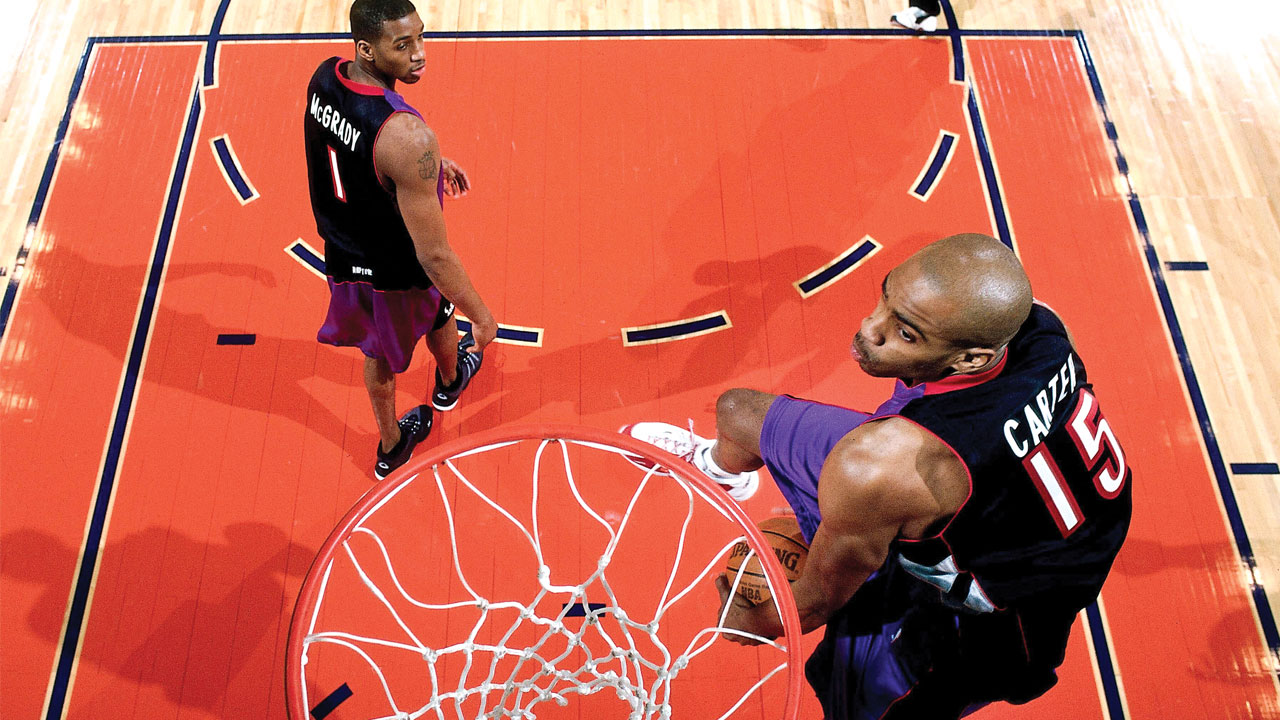
But Carter’s influence went far beyond the stats. Dubbed the “Carter Effect,” his impact reverberated across Canada, inspiring a generation of Canadian players.
Toronto became a basketball city, and kids across the country began to see a future in the sport. NBA talent like Tristan Thompson, RJ Barrett, Kelly Olynyk, Andrew Wiggins, and Jamal Murray have all cited Carter as a major influence in their development, proving that his reach extended well beyond the hardwood.
Yet, Carter’s story with the Raptors is far from a fairy tale. By 2004, tensions between the franchise and its star had reached a boiling point. Frustrated with the team’s lack of direction and struggles in the standings, Carter publicly expressed his desire for a trade.
The situation took a turn for the worse when Carter was accused of faking an injury and purposefully under-performing to force the team’s hand. His numbers, which had once soared, plummeted during his final months in a Raptors uniform—averaging just 15.9 points per game before being dealt to the New Jersey Nets in December 2004.
The trade was a disaster for Toronto. In exchange for Carter, the Raptors received what many considered a package of role players and draft picks that never materialized into star talent.
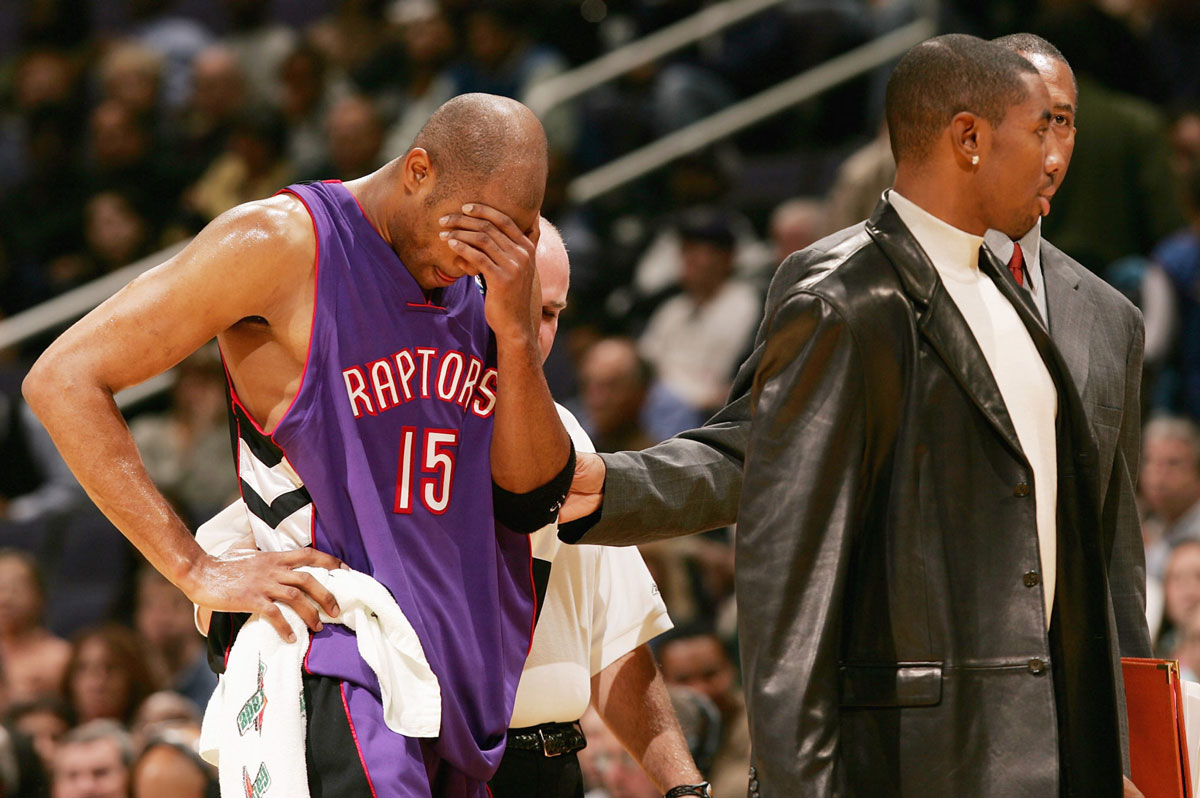
This left the franchise in disarray, setting them back nearly a decade as they struggled to regain the momentum Carter had once provided. The bitterness from fans ran deep, and for years, Carter was booed relentlessly every time he returned to the Air Canada Centre.
Still, time heals wounds. The 2014 20th-anniversary tribute video for Carter marked a turning point, a moment of reconciliation between the franchise, its fans, and the man who had once been the face of Canadian basketball. Slowly but surely, the boos subsided, replaced with cheers for the player who had helped put Toronto on the NBA map.
The Raptors’ decision to retire his jersey on November 2nd signifies a moment of full-circle healing. In the lead-up to the ceremony, the team went all out, hanging #15 jerseys across major landmarks in the city, including the CN Tower, a symbol of Carter’s towering impact on Toronto’s skyline and basketball culture.
The unveiling of refurbished the Vince Carter Court at Dixon Park further underscored the Raptors’ intent to honor the legacy he left behind.
As Masai Ujiri noted, “It was Vince who inspired kids across Toronto and Canada, who got a basketball into their hands and inspired them to take flight.”
Though Carter’s departure left scars, his contributions to the Raptors and to Canadian basketball are undeniable. His iconic number 15 will forever hang in the rafters as a testament to both the triumphs and trials that helped shape the franchise.


